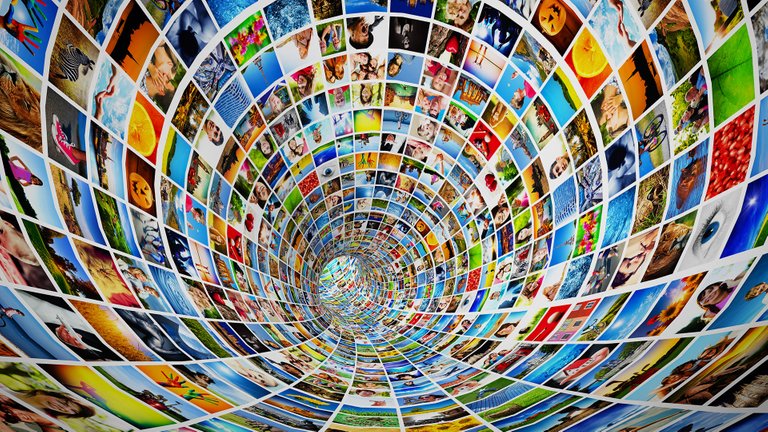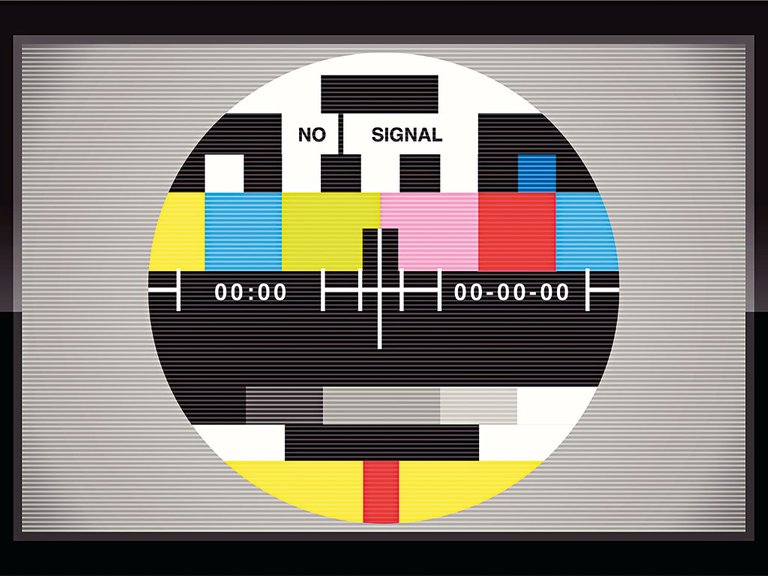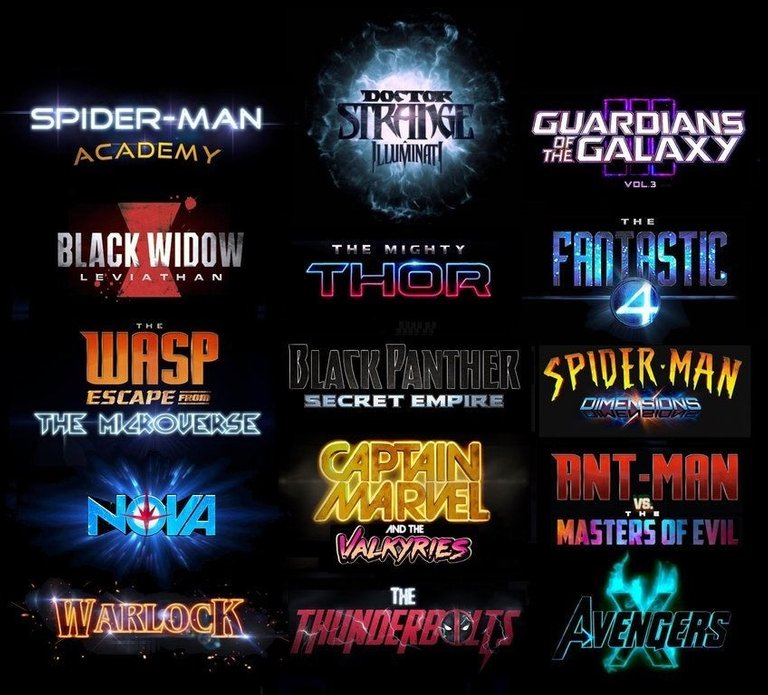Niches, and the Constant Evolution of Content

I was helping a friend edit a video a while ago, and out of nowhere he asks “What’s that symbol we use when the aliens invade?”
I’m sorry, what?
“You know, that symbol they put on TV when the aliens invade earth in the movies. It’s has a multi-color circle with a static noise.”
This is what he meant by the way:

For those of you who remember, this was the screen that used to be displayed before the TV programing of the day starts. Back when television wasn’t 24 hours/day yet.
In my parents' generation, they had to wait until 6pm for to start watching TV.
Nowadays, it’s so hard to even conceive a world without unlimited TV content that even the broadcast signal has now become the symbol of alien invasions.
Thanks Sci-Fi movies! You’ve ruined it.
Jokes aside, let’s take a little trip down memory lane because history does tend to repeat itself.
When cable TV was first introduced, people insisted that was the end of quality content. There was just too much noise, they said. And what is it with these useless 24/7 cooking shows, or travel shows, or bike shows?
I mean, who watches bikes 24/7 for God’s sake?
Look, there is just too much noise and it’s really hard to find some quality while everybody is fighting for very few resources.
What happened was the exact opposite, television didn’t die the massive expansion in content - allegedly fighting for limited resources - but those resources expanded as the market widened.
HBO didn’t die out because there were too many channels competing for a very little eyeballs. All the contrary in fact, as they expanded into niche channels: HBO Comedy, HBO Latino, HBO Family...etc.
And the same happened with most major channels.
)
As it turns out, this niche programming was exactly what people were looking for. And as unlikely as it seemed, some people do want to watch cooking shows all day long… Or whatever specific niche they’re into.
Then came the YouTube era, and the content market immensely expanded in proportion to the supersonic multiplication of both creators and consumers alike. And market expanded in a way that is very akin to what happened with TV channels not too long ago.
The niches became even more specific. Instead of searching for content dedicated to a certain sport, people started seeking content dedicated to their specific favorite team. Or content focusing only on their favorite TV show (as opposed to general cinema channels).
To give an example, just think about how many blogs and Youtube channels have been created in the past years for TV Shows like Game of Thrones, or The Walking Dead or what have you.
The producers naturally have realized that there is an audience that is tuned in all year long seeking more content despite the fact that the series only runs for a few months.
So from that point, it was only a matter of time until they figured out that they needed to make more prequels, sequels and spin-offs because that's what the audience wants: More dedicated content.
To put this in perspective, Game of Thrones ended two weeks ago, but they are already working of five prequels and spin-offs in order to have content running all year long.
And it's because they realized that now more than ever, people are gathering in niche communities when the show is over, thus multiplying both the interest and dedication to new levels.
Another brilliant example is what Marvel did recently, they launched a massive blockbuster where all the characters come together in one movie. And then they’re piggybacking on that success to launch a plethora of series to increase the engagement.
Scarlet Witch and the Vision will have their own dedicated series, Falcon and the Winter Soldier as well… So is Loki, so is Hawkeye, hell… Even Lady Sif.
And let’s not forget the already announced upcoming movies:

Clearly, they have identified a goldmine in spinoffs. A goldmine that has been created because the content consumption trends have been changing, and they were smart enough to pay attention to those changes.
My guess is that we will see even more content creators and content consumers than we have seen until now. The question is how to get some of that traffic to the blockchain?
To listen to the audio version of this article click on the play image.

Brought to you by @tts. If you find it useful please consider upvoting this reply.
From my view, Dizney-Marvel shot themselves in the foot with the ending of Avengers.
We will see what happens when it is not a niche that is left unfilled, but a major genre.
The major issue isn't about filling niches, it is about control.
About programming. Mental programming.
And the problem is that production costs are falling. Now, anyone with an iPhone can make original Doctor Who content just as easily as the BBC did 30 years ago. Soon, talented groups of kids are going to make motion picture quality ... "things".
So, we have hollywood trying to control the narrative and keep the programming going, while their programming attempts become more visible and people walk away.
At the same time, small content creators are making shit that people really want to watch.
That's a great point, the costs are getting more and more affordable you're right. There's even some professional Blackmagic cinema cameras for 1000 bucks nowadays.
The lighting prices are falling down as well, and so are the mics. You can get some Røde microphones for about 50 bucks these days.
P.S: I meant that even the big brands now have realized that people want niche content all the time. But that will only cause more content creators who will have an even wider market as a consequence.
Btw, always an insightful comment! Thanks for that.
Thanks for the post. I appreciated your insights into the ways that on-screen content has developed and continues to evolve, and I'm old enough to remember seeing that circle outside of programming hours on a black & white TV.
I included a link to your post in my most recent article, Interesting Links: June 2, 2019, and set the beneficiary rewards so that you'll receive 5% of that post's rewards when it closes.